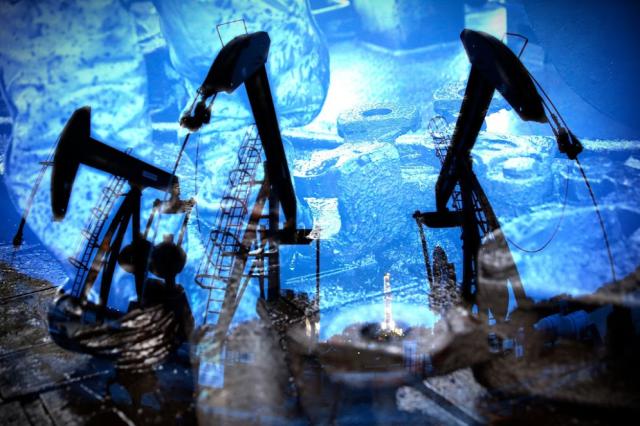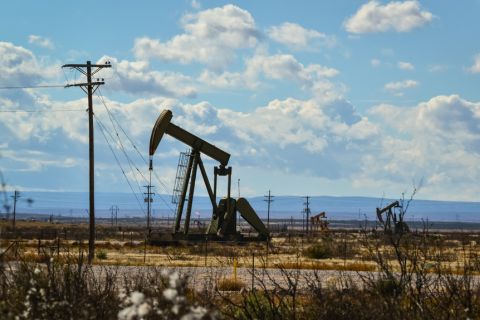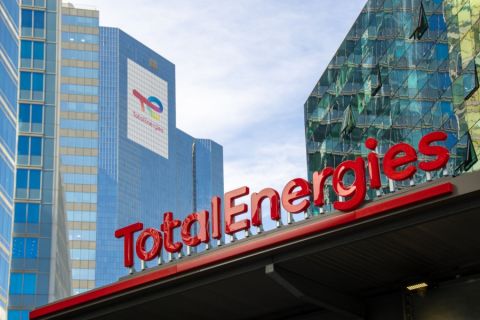
(Source: Hart Energy)
Excess supply has sparked a new dilemma among U.S. oil producers already battered by an unprecedented demand loss due to the spread of the coronavirus.
Despite North America’s storage system already nearing its limit, the oil market crash has plunged prices for physical delivery of several key crude grades to the lowest levels in decades. The result: pipeline operators in the U.S. have begun asking producers to voluntarily cut back production.
“Oil prices have come down to $22 per barrel but at the wellhead itself you’re looking at $10 per barrel or less,” Michael J. Blankenship, corporate partner at Winston & Strawn LLP, told Hart Energy “What’s happening now is when the producers are pumping out oil, they are looking for storage space since they cannot sell in the market.”
The situation of the energy market—aggravated by the Saudi-Russian price war—is more severe than people had anticipated, Blankenship added.
Storage capacity is being quickly sold out because of which pipeline operators are asking producers of certain wells to cut back production. The U.S. Energy Information Administration said April 1 crude inventories in the U.S. rose last week by 13.8 million barrels to 469.2 million barrels, which was the biggest one-week rise since 2016.
Last week, pipeline operators also began to ask suppliers to scale back output. Both Plains All American Pipeline LP and Enterprise Products Partners were reported by Bloomberg of having sent letters requiring customers to prove they have a buyer or place to offload the crude they are shipping. Blankenship said he expects more pipeline operators to join Plains in asking for output reductions.
In a similar development, Parsley Energy Inc. and Pioneer Natural Resources Co. called on the Texas Railroad Commission (RRC), which regulators energy for the state, to hold an emergency meeting and order oil production cuts, no later than April 13.
Ryan Sitton, a member of the Texas RRC, said on Twitter that pipeline companies are running out of storage space for oil as coronavirus related lockdowns have caused demand to plunge. During a webinar on April 1, he also pointed out that the market is 21% oversupplied and if the current oversupply rate continues, global oil storage will be full in 72 days.
During the last two weeks, U.S. shale firms have responded to the crisis by slashing the number of drilling rigs, reducing workforce and cutting capital spending, which according to Blankenship is the right thing to do.
“Producers are making the right decision by cutting 30% to 40% of capex,” he said. “Even though some producers are hedged out 75% but the remaining 25% is not hedged and those are in negative margins right now.”
According to Blankenship, U.S. shale producers need to also reevaluate their hedges and debt load to understand whether it makes sense to produce.
“[Producers] need to understand if they’re not in the best area within the Permian, Bakken or any area of the country, it’s going to be hard because there are no buyers of crude,” he said. “On the flipside, gas producers are stronger because gas production will go down as the wells are shut-in and we could see gas prices go up in 2021.”
To relieve some economic stress of producers who are forced to shut-in oil wells due to lack of storage capacity, the U.S. Energy Department on April 2 announced: “a solicitation to immediately make 30 million barrels of the Strategic Petroleum Reserve’s oil storage capacity available to U.S. oil producers.” The Department of Energy also intends to make an additional 47 MMbbl of storage capacity available thereafter.
Several other countries are struggling with storage capacity. According to industry reports, global oil inventories are estimated to be increasing at the rate of 25 MMbbl/d and storage capacity in pipelines, refineries, tank farms and vessels at sea is rapidly filling up.
With excess supply and slacking demand, major oil-producing countries like Nigeria, Brazil, Ecuador, Angola and Canada have only a few weeks of storage available before pipeline systems back up and production has to be curtailed, Reuters recently reported.
Recommended Reading
Range Resources Holds Production Steady in 1Q 2024
2024-04-24 - NGLs are providing a boost for Range Resources as the company waits for natural gas demand to rebound.
EQT Sees Clear Path to $5B in Potential Divestments
2024-04-24 - EQT Corp. executives said that an April deal with Equinor has been a catalyst for talks with potential buyers.
Novo II Reloads, Aims for Delaware Deals After $1.5B Exit Last Year
2024-04-24 - After Novo I sold its Delaware Basin position for $1.5 billion last year, Novo Oil & Gas II is reloading with EnCap backing and aiming for more Delaware deals.
Matador Hoards Dry Powder for Potential M&A, Adds Delaware Acreage
2024-04-24 - Delaware-focused E&P Matador Resources is growing oil production, expanding midstream capacity, keeping debt low and hunting for M&A opportunities.
TotalEnergies, Vanguard Renewables Form RNG JV in US
2024-04-24 - Total Energies and Vanguard Renewable’s equally owned joint venture initially aims to advance 10 RNG projects into construction during the next 12 months.





